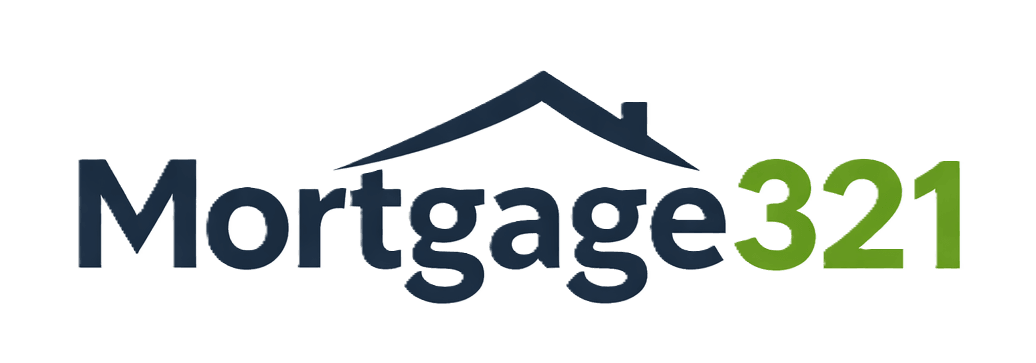Understanding Mortgage Types: Which is Best for Colchester Homebuyers?
MP
Understanding Different Mortgage Types
Choosing the right mortgage is a crucial step for homebuyers in Colchester. With the variety of mortgage options available, it can be challenging to determine which is the best fit for your financial situation and long-term goals. This guide aims to simplify the process by explaining the different types of mortgages and their implications.

Fixed-Rate Mortgages
A fixed-rate mortgage is a popular choice among homebuyers due to its stability and predictability. With this type of mortgage, the interest rate remains constant throughout the term of the loan, typically ranging from 1 to 5 years. This means that your monthly payments will not fluctuate, allowing for easier budgeting and financial planning.
Fixed-rate mortgages are ideal for those who plan to stay in their home for an extended period and want to lock in a consistent interest rate. However, it's important to consider that if market interest rates decrease, you could end up paying more than necessary unless you refinance.
Variable-Rate Mortgages (VRM)
Variable-rate mortgages offer an initial period with a lower interest rate compared to fixed-rate mortgages, after which the rate adjusts periodically based on market conditions. This type of mortgage can be beneficial for homebuyers who expect to move or refinance before the initial period ends.

While VRMs can provide significant savings initially, they also come with the risk of increased payments if interest rates rise. It's crucial to understand the specific terms of the initial period and caps on rate increases before committing to an VRM.
Interest-Only Mortgages
Interest-only mortgages are a unique type of home loan in the UK where borrowers pay only the interest on the loan each month, without reducing the principal balance. This arrangement means monthly payments are significantly lower compared to traditional repayment mortgages, making them an attractive option for some borrowers. However, the principal remains outstanding and must be repaid in full at the end of the mortgage term.
Key Features
- Lower Monthly Payments: Borrowers only pay the interest, which can be beneficial for managing cash flow.
- Repayment Plan Required: Lenders typically require borrowers to have a clear and credible plan for repaying the principal, such as investments, savings, or the sale of a property.
- Flexible Options: Some lenders allow borrowers to switch between interest-only and repayment structures during the loan term.
Common Use Cases
- Buy-to-Let Properties: Many landlords prefer interest-only mortgages to maximise rental income and tax efficiency.
- High-Net-Worth Individuals: Borrowers with significant assets may use interest-only loans to leverage their wealth while keeping payments manageable.
- Bridging Periods: They are sometimes used for short-term needs, such as purchasing a property while waiting for another to sell.
Risks and Considerations
While the lower monthly payments are appealing, there are potential risks:
- Repayment Uncertainty: Without a solid repayment strategy, borrowers risk defaulting when the term ends.
- Property Market Fluctuations: If the property value decreases, borrowers may face challenges in selling to cover the loan balance.
- Stricter Lending Criteria: Due to higher risks, lenders assess borrowers' income, repayment plans, and financial stability more rigorously.
Recent Trends
Since the tightening of regulations following the 2008 financial crisis, interest-only mortgages have become less common but remain a vital tool for certain borrowers. Modern interest-only products often combine features like partial capital repayment options, offering greater flexibility and risk management.
Interest-only mortgages can be an effective financial strategy when used wisely and with appropriate advice. Borrowers should consult with a specialist mortgage advisor such as Mortgage321 to understand the best options for their individual circumstances.

Assessing Your Financial Situation
Before selecting a mortgage type, it's essential to evaluate your financial situation, including your income stability, credit score, and long-term plans. Consider consulting with a mortgage professional such as Mortgage321 to gain insight into which option aligns best with your circumstances.

By carefully weighing the pros and cons of each mortgage type and understanding how they fit into your financial picture, you can make an informed decision that supports your journey as a Colchester homeowner.
For more information or to discuss your unique mortgage requirements, get in touch with our team at Mortgage321 today on 01255 440142 or email [email protected].
